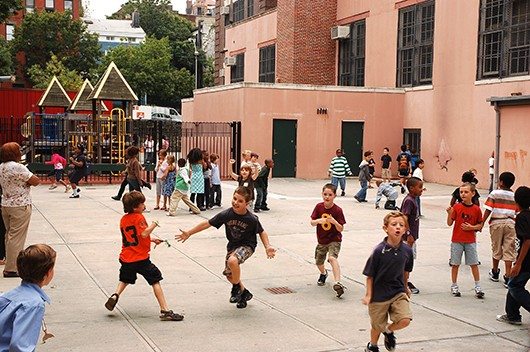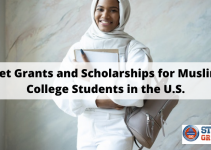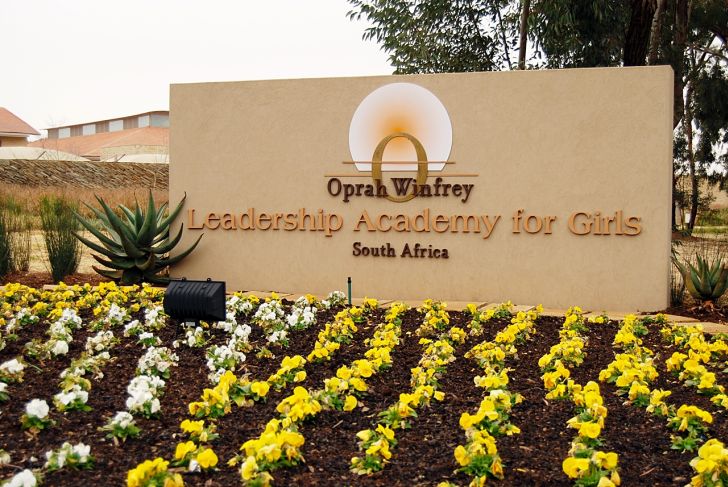This post will give you information about grants for after school programs. After school activities and programs are the most ideal and positive ways to give our children activities after the school is over. Several statistics have shown that the afterschool is the time when children and teenagers do risky behaviors. These risky behaviors may include juvenile crimes, alcohol, drug use, and unprotected intercourse. Students who have no positive after school activities have a higher risk of being a victim of violence.
However, it seems that the increasing number of risky behaviors lead to the low numbers of affordable after-school opportunities in their local area. About two-thirds of the parents can’t find a good and affordable local after-school program. Therefore, the presence of grants for after school programs is important because they encourage the development of these positive programs for our children.
The programs usually consist of various structured activities on a regular basis that gives the children opportunities to learn new skills, from technology to art. Based on various reports coming from reputable sources such as U.S Department of Education and Harvard University, these programs really improve the students’ self-confidence, and ultimately lead them to become a responsible adult.
Given its many benefits, it is only natural that there are various ways to fund these programs, including grants for after school programs coming from the federal government and other private organizations or corporations. You can see the list of the possible grant sources below:
Federal and State Government
The Federal Government’s 21st Century Community Learning Centers provides extensive support for this kind of program. There are grants awarded to and administered by the State Education Agencies. Therefore, each of the State manages its own grant fund for the best interest of their people. The grants are usually awarded to eligible organizations, which requirements can be seen from each of the State Education Agency.
The State Education Agency may also have information about other Federal grant programs that individuals’ can use for after-school program. Some of these programs include the Child Care and Development Fund (CCDF), Temporary Assistance for Needy Families (TANF), and Federal Food and Nutrition Program. Note that there may be some differences in each state for these programs. So, you may want to confirm the requirements for the related department or agency.
Usually, the programs we mentioned above are administered by the Department of Health and Human Services (HHS). To find a specific grant available for this category, you should try looking into the Catalog of Federal Domestic Assistance (CFDA) under the General Services Administration (GSA).
The Lawrence Foundation
The Lawrence Foundation is a private family foundation that offers grants to support environmental and human services, among other causes. Established in mid-2000, it provides both program and operating grants without geographical restrictions.
Awards Grants
Nonprofit organizations that qualify for public charity status under section 501(c)(3) of the Internal Revenue Code, as well as public schools and libraries, are eligible for these grants. The foundation typically awards grants ranging from $5,000 to $10,000.
Occasionally, larger grants may be given, especially after establishing a long-term relationship with an organization. Generally, multi-year grants are not provided, although organizations may receive yearly funding over several years. All grants are unrestricted, whether for general operating expenses or specific projects.
The Lawrence Foundation accepts grant requests for general operating expenses or specific projects that align with its funding interests. These interests include environmental conservation, human services, and disaster relief efforts led by US-headquartered organizations, whether operating domestically or internationally. The foundation permits a portion of awarded grants to cover indirect costs, provided they do not exceed 50%.
However, the foundation does not fund individuals, international organizations that are not US-qualified, or for-profit businesses. Additionally, it typically denies requests for specific items and programs, such as computers, audio/video equipment, promotional materials, music and physical education programs, recreational activities, theater arts, hospice programs, religious schools, political activities, voter registration, private foundations, and ticketed events. These guidelines, while not absolute, reflect the foundation’s funding priorities.
Deadline for Full Proposals
The next predicted deadline for full proposals is October 31, 2024, at 9:59 PM PDT, with a subsequent deadline on April 30, 2025, at 9:59 PM PDT. For further information, interested applicants can visit the foundation’s website. The Lawrence Foundation is headquartered in Santa Monica, CA, with Jeffrey Lawrence serving as Trustee and Lori Read Mitchell as Executive Director. Based on the latest 990 tax filing from 2022, the foundation had total giving of $170,109 and total assets of $2,986,157.
The American Honda Foundation
The American Honda Foundation (AHF) supports projects in the United States that focus on education, environment, mobility, and traffic safety. Grants range from $20,000 to $100,000 and are available to nonprofits, public and private elementary and secondary schools. The next predicted deadline for applications is October 31, 2024, at 11:59 PM PDT.
Honda USA Foundation Pillar Awards
There are three available award options you can apply, as below:
- Environment Pillar Award: This award supports programs that educate youth and communities on sustainable practices and environmental conservation, emphasizing water, air, and land preservation. Eligible projects may include those that restore marine ecosystems, reduce air pollution, and protect natural land.
- Mobility Pillar Award: This award focuses on providing access and removing barriers for youth with disabilities or critical illnesses. Eligible programs might include therapeutic or recreational camps, comprehensive care initiatives, and modifications for youth with limited mobility.
- Traffic Safety Pillar Award: This award promotes youth safety on and off the road through awareness programs. Eligible projects could include providing child restraint systems, bike helmets, and educational programs that promote traffic safety for children from infancy through pre-driving age.
Eligibility Requirements
To be eligible for funding, organizations must:
- Be located in the United States and have tax-exempt status under Internal Revenue Code Section 501(c)(3), or be a public school district or a private/public elementary or secondary school listed by the U.S. Department of Education’s National Center for Education Statistics (NCES).
- Match one of Honda and the Honda USA Foundation’s focus areas: Education, Environment, Mobility, Traffic Safety, and Community. The foundation ensures all applicants have an equal opportunity for funding without favoritism towards those with ties to Honda.
Ineligibility Criteria
The foundation does not provide grants to:
- Organizations that cannot receive contributions due to state or federal laws.
- Organizations with pending 501(c)(3) status.
- Faith-based organizations with religious purposes.
- Political candidates, campaigns, or organizations.
- Private clubs, fraternities, or sororities.
- Organizations that conflict with Honda’s interests.
- Institutions or projects outside the U.S.
- Organizations that discriminate based on protected statuses.
Additionally, the foundation does not consider requests for auction items, athletic teams, individual support, political candidates or campaigns, projects completed before application, or applications outside of the online system. Requests from Honda dealers, vendors, suppliers, or their charitable arms are also ineligible.
Other Grants for After School Programs
Meanwhile, the FinanceProject.org provides technical assistance resources. It helps eligible organization for getting the money to create and maintain the after school and community school programs initiatives.
If your organization is working to create or maintain after-school program that is related to children and youth with disadvantages and your organization works in the Baltimore City, you should contact the Annie E. Casey Foundation’s Baltimore Direct Services Grants Program. Applicants should contact the foundation by calling 410-547-6600. The grant awardees will receive free $2,000 to $20,000 grants for after school programs.
References :
- U.S. Department of Health & Human Services – http://www.hhs.gov/
- 21st Century Community Learning Centers – http://www.dpi.state.nc.us/21cclc/
- Image: brooklyneagle.com
- (https://www.instrumentl.com/browse-grants/grants-for-after-school-programs)




